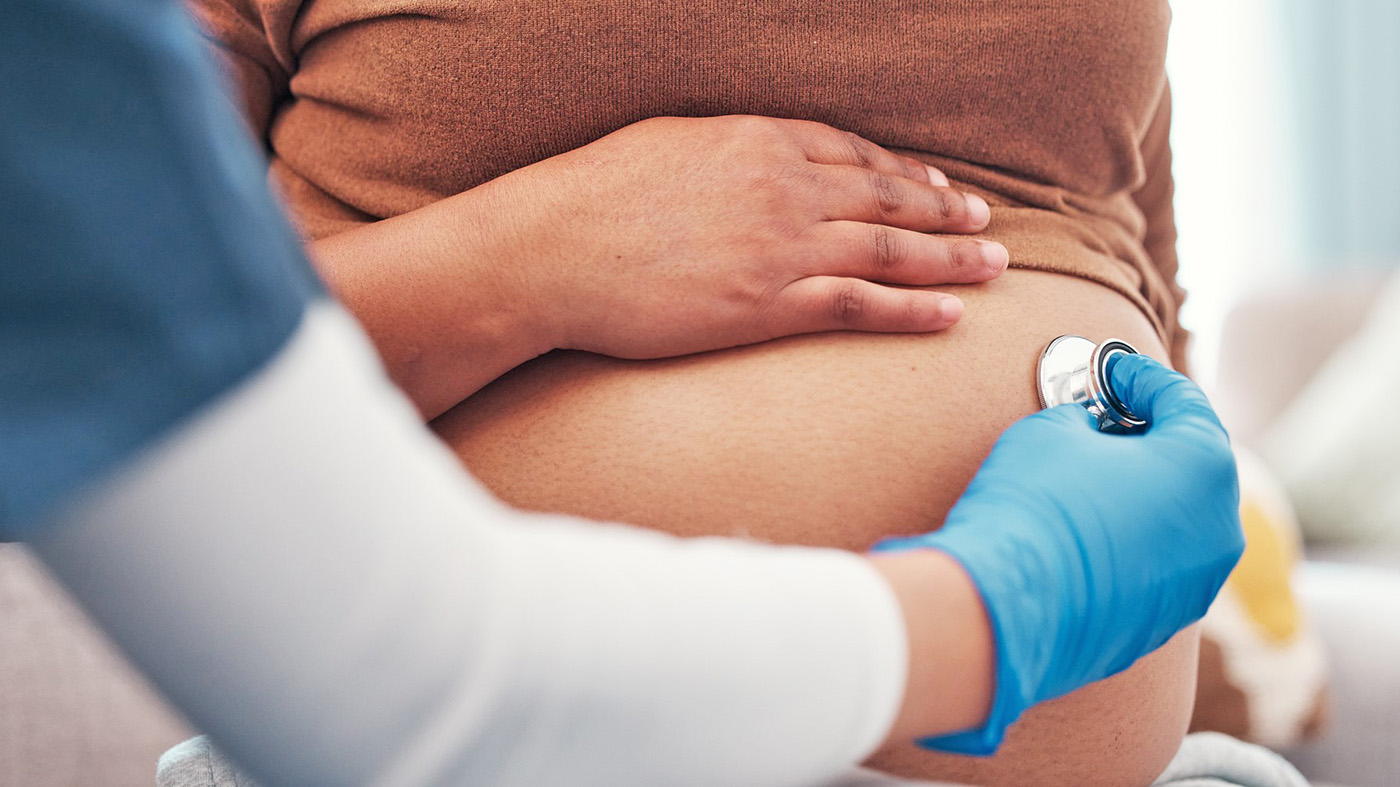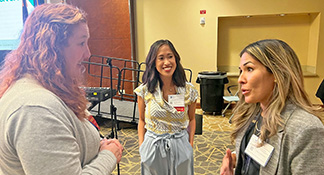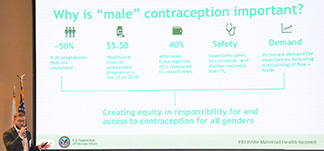Last month, the Perinatal Reproductive Educational Planning and Resources (PREPARe) program hosted its first VA Maternal Health Summit at Orlando VA, led by VHA Innovation Ecosystem senior innovation fellow and PREPARe innovator, Melissa Tran.
After her own experiences with perinatal resources in the community, Tran, a marriage and family therapist and military sexual trauma coordinator at Orlando VA, was inspired to improve in-house perinatal services for Veterans.
Women Veterans are the fastest growing Veteran population, and reproductive care is more important than ever in VA. Today, there are more than two million women Veterans in the US. Among women Veterans using VA health care, 43% are of reproductive age (18-44 years old).
That’s why VA provides a wide array of reproductive health services, from contraception to breastfeeding and lactation to treatment of menopausal symptoms, and it covers a full range of reproductive, maternity care, post-partum services for female Veterans to support their family planning goals.
A community of Veteran maternal health advocates
The VA Maternal Health Summit brought together maternal and reproductive health care professionals to collaborate, share knowledge and explore innovative ideas for advancing maternal and reproductive care for Veterans and their families.
“The purpose of the summit was to discuss the current and future state of maternal health by identifying actionable steps that can be taken to meet these needs for Veterans,” said Tran. “There is a need to address the maternal health crisis facing our women Veterans and birthing people.”
Over 155 VA providers and executive leaders from 46 VA facilities across the nation, community partners and Veteran Service Organization representatives gathered for the event. With VA employees specializing in areas from gynecology, physical therapy, mental health, whole health and nutrition, the event focused on connecting individuals to share their experiences caring for perinatal Veterans and their families.
“PREPARe supports Veteran families who are doing their best to navigate life experiences, such as infertility and loss, pregnancy, and post-partum health and wellness,” said Jasimine Joiner, social worker at Orlando VA. “A part of meeting the unique needs of our families involves acknowledging the impact that social determinants and health disparities have on their lived experiences. PREPARe hopes to reduce this impact by continuing to listen to the needs of our Veterans and evolving programming to match.”
The summit also featured a session titled “Small Talks, Big Impact,” where five presenters shared compelling stories on their personal and professional stories. Dr. John De Caro, urologist at Charlie Norwood VA in Augusta, Georgia, presented on his project: the Male Contraception Initiative.
Maternal health panels dive deeper
The Summit hosted three panels titled, “Innovation and Research,” “Health Disparities and Social Determinants” and “Veteran Lived Experience.”
During the Innovation and Research discussion, panelists explored future opportunities for research and innovation around areas like mental health, whole health, reproductive care and maternal mortality.
The Health Disparities and Social Determinants panel discussed important factors facing maternity care in the current climate. The panel also discussed marginalized communities, health disparities and social determinants of health, like safe housing, reliable transportation and access to nutritious foods.
The Veteran Lived Experience panel welcomed three Veterans to the stage to share their experiences with the PREPARe program. “I would hope every VA has the resources we have here in Orlando. As a single mom, for my last trimester, any little thing meant the world to me, and I hope other women Veterans can receive that support as well,” said a Coast Guard Veteran.
Looking ahead
Tran hopes this is the first of many annual VA Maternal Health Summits. “Our attendees are leaving the event feeling more connected to the mission of serving all Veterans and with ideas for how to improve access to services at their facilities. We’ve barely scratched the surface,” she said.
Want to learn more about innovation at VA? Visit our website, subscribe to our weekly newsletter and visit VA Pathfinder to learn more about our opportunities.
Topics in this story
Link Disclaimer
This page includes links to other websites outside our control and jurisdiction. VA is not responsible for the privacy practices or the content of non-VA Web sites. We encourage you to review the privacy policy or terms and conditions of those sites to fully understand what information is collected and how it is used.
More Stories
VA’s latest data shows a decrease in the suicide rate among women Veterans, but more effective interventions and support systems are needed.
Making healthy choices about what you eat and drink is a powerful way to care for yourself. You need the right fuel to feel well and have the energy to do what matters most to you.
Blind TeleRehabilitation offers blind and visual impairment rehabilitation assessment, training, specialized technology and support groups.







